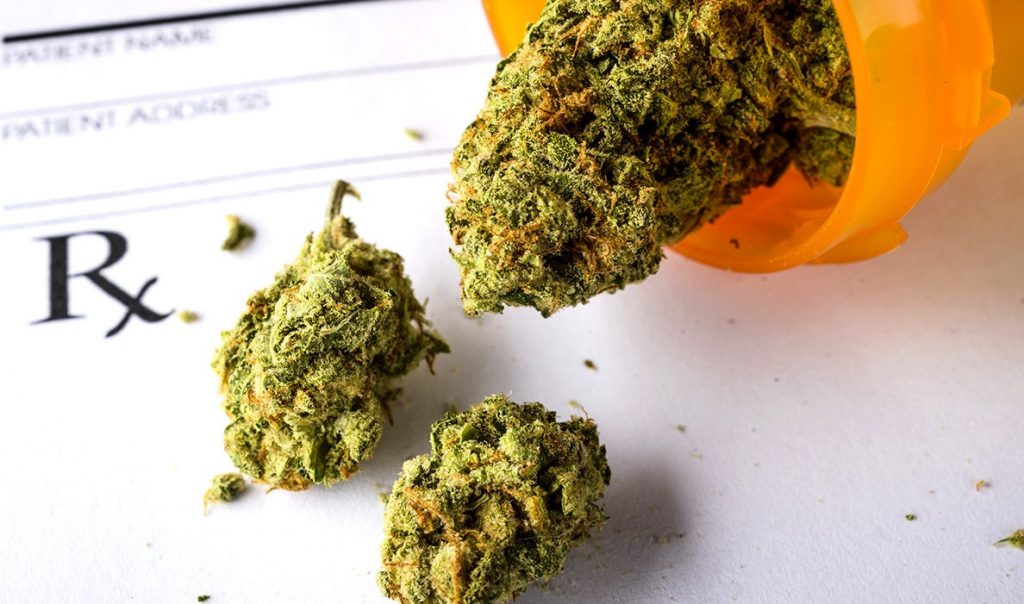Cannabis businesses have always had to get creative and pivot due to an ever-changing landscape of government regulations. In many ways, cannabis is an industry that is highly adaptable to shifting world views and events. The coronavirus outbreak is no exception. Never has it been more clear than during the COVID-19 pandemic that marijuana has arrived at the forefront of mainstream American society.
State and local officials in the U.S. have deemed cannabis delivery services and cannabis dispensaries to be an “essential business.” These officials allow the cannabis companies to continue operating during the coronavirus lockdown. Cannabis providers are deemed to be vital members of the community who are providing a valuable service on par with prescription drugs. Lest we also forget the material and substantial impact the cannabis industry made in the past five years, whose coffers runneth over with each gram of pot bought and sold.
In case you have forgotten (or missed my podcast about us living in the Marijuana Bubble), cannabis remains a Schedule 1 Drug, illegal under Federal law. As an illegal enterprise under Federal law, while many entrepreneurs are salivating over the largess of a $2 Trillion bailout, the cannabis industry is on its own (we don’t bail out drug dealers). The various governors in Colorado, California, Washington, and now Illinois feathered their nests with the taxes generated by billions in revenue. But what about their 200,000+ full-time employees, who need to be protected but are likely sitting at home?
A handful of jurisdictions around the Bay Area have said that cannabis dispensaries are considered “essential businesses” under the widespread shelter-in-place mandates. Colorado and Massachusetts have reported sharp increases in cannabis sales as users sought to stock up as they hunkered down at home due to COVID-19. Illinois, which legalized recreational cannabis on January 1, 2020, doesn’t have enough supply to meet the demand. There is also the breathtaking unemployment number, showing more than 6 million new unemployment applications.
In a weird twist of fate, the entire cannabis industry has had to learn how to live without help from the Federal Government, which would include access to traditional credit markets, which are now unavailable to anyone. The fact that the cannabis industry found its own way to grow exponentially since 1996, illegal under the watchful eye of the War on Drugs, is a compliment to the ingenuity and passion of the people who created this world where cannabis is an objet d’art.
Operators of cannabis dispensaries across the country have reported that sales have skyrocketed during the lockdown. Delivery services have increased, curbside options have expanded, and many dispensaries have vowed to remain open at some level permitting a few customers inside brick-and-mortar shops to maximize the effectiveness of “social distancing” recommendations.
The stresses associated with the coronavirus outbreak has caused an uptick in cannabis consumption. Cannabis is a well-known, peer-reviewed medicine, and the plant reduces anxiety and it can make the quarantine period more tolerable.
My family, and many others, are grateful that local and state governments are embracing cannabis as a medicine and wellness tool. For instance, Colorado Gov. Jared Polis (D) issued an executive order allowing marijuana businesses to provide curbside pickup services and letting doctors issue medical cannabis cards via tele-medicine without in-person examinations.
Legal cannabis purveyors are a lifeline during this unprecedented, stressful time. We are proudly waiting this out in our home in Boulder, Colorado, and couldn’t feel safer or more comfortable.
